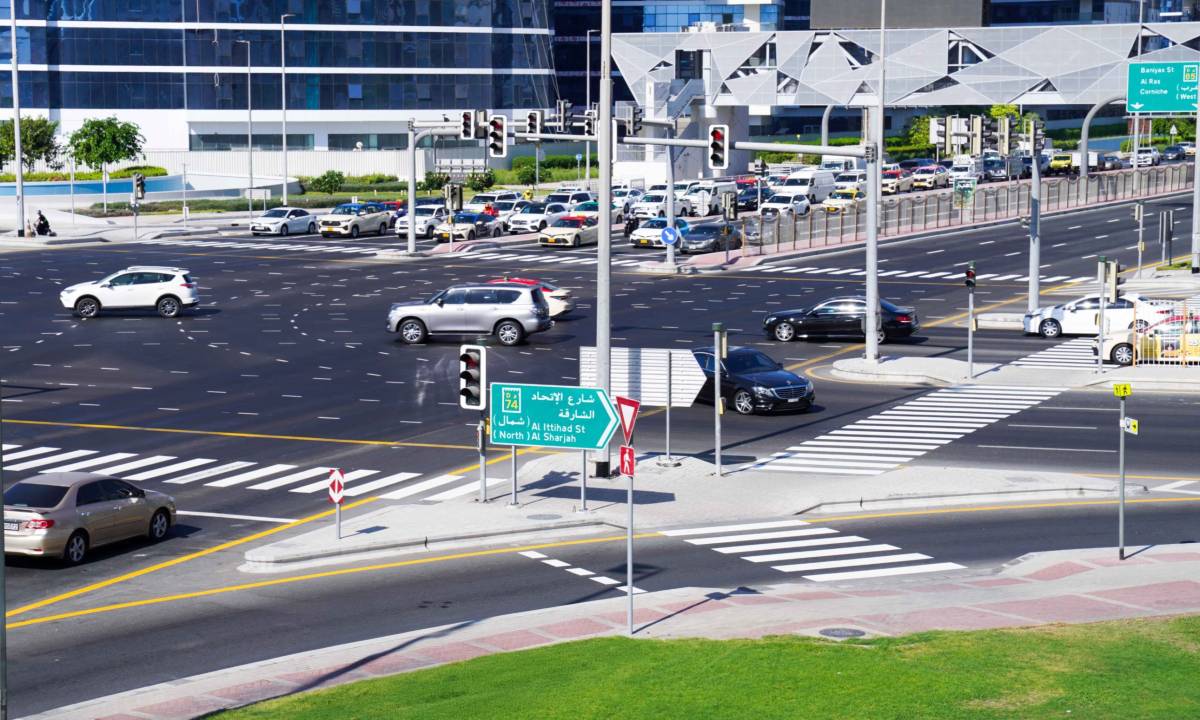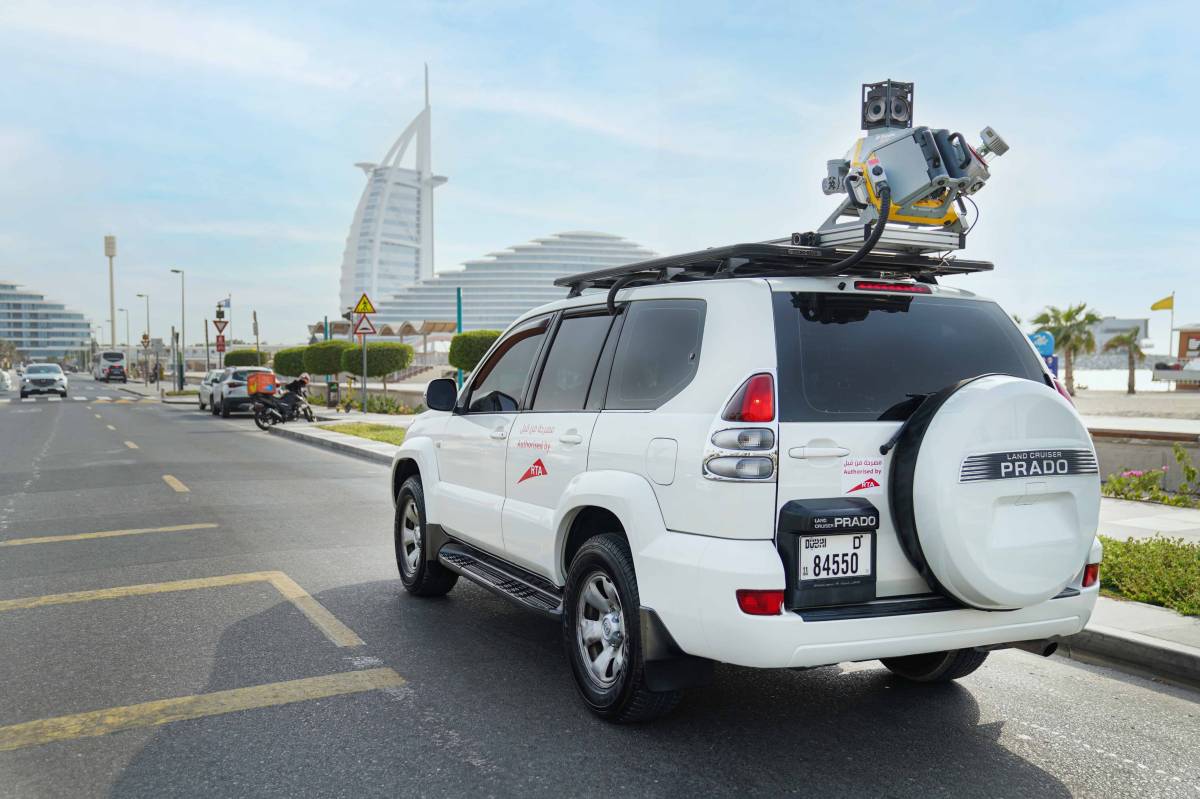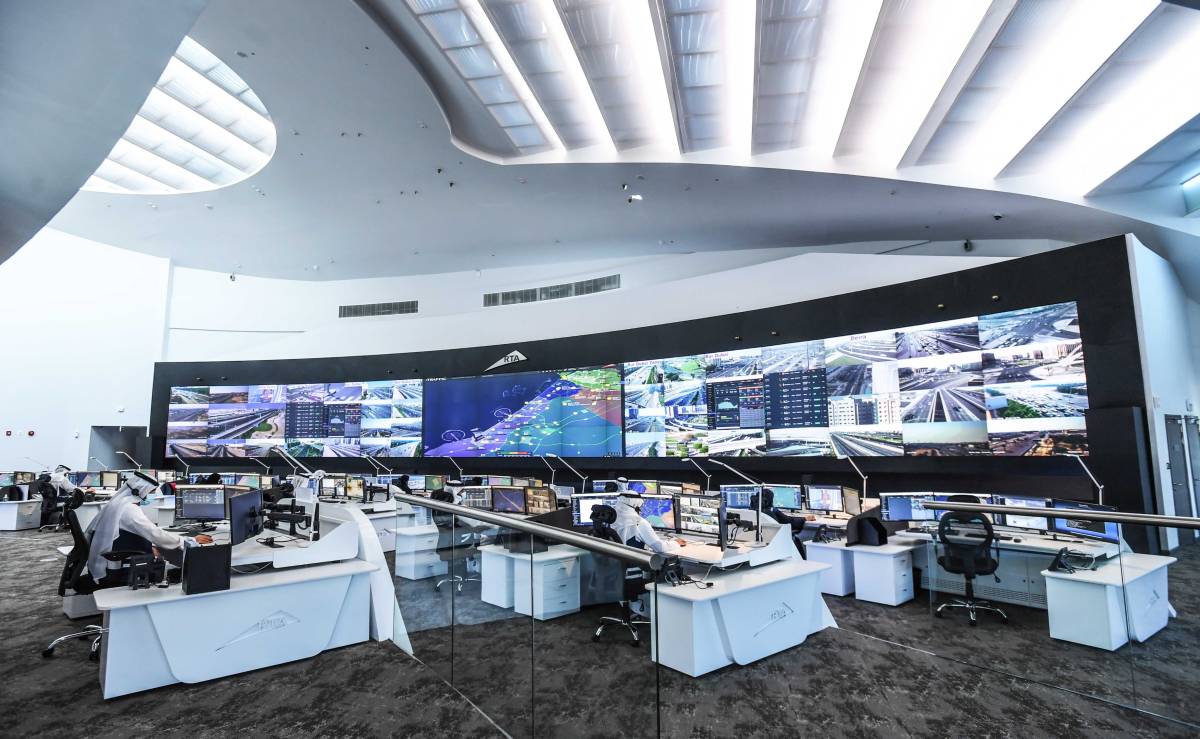Dubai’s new AI strategy to cut travel time by up to 30% by 2030 (VIDEO)
Eighty-one new initiatives target faster, smarter, and safer urban mobility

DUBAI: The Roads and Transport Authority (RTA) has announced the launch of its Artificial Intelligence Strategy 2030 during Dubai AI Week 2025, unveiling 81 transformative projects and initiatives aimed at revolutionising urban mobility across Dubai.
The strategic blueprint is designed to bolster Dubai’s global status in smart transportation, reducing travel time, enhancing operational productivity, and improving customer satisfaction – all through the intelligent application of AI and big data.
The initiative, aligned with the UAE Artificial Intelligence Strategy 2031 and RTA’s Digital Strategy 2030, marks a significant step forward in leveraging technology to improve daily life in the city. At the heart of the plan lies the creation of a connected AI ecosystem, driving innovation across transport services and setting new benchmarks in efficiency and governance.
Smart mobility solutions
The strategy’s six pillars include people happiness, seamless and innovative mobility, intelligent traffic management, cognitive licensing, future-proof organisation, and asset excellence. Through these, the RTA aims to reduce travel times by 20% to 30%, particularly via optimised traffic signal operations and intelligent pedestrian systems.

AI will also support predictive maintenance and automated driver assessment, helping cut costs by 10% to 20%. Employees will be equipped with advanced AI tools, contributing to a 25% to 40% increase in productivity. Enhanced customer satisfaction – targeted at a 35% improvement – and higher partner compliance, projected to rise by 30% to 50%, are also among the expected outcomes.
Tech-driven transformation
According to Mattar Al Tayer, RTA’s Director General and Chairman of the Board of Executive Directors, the strategy includes the deployment of an AI corporate governance framework and the enhancement of technical capabilities across departments. “Big data and AI are foundational enablers of digital transformation. They are crucial for enhancing operational efficiency, enabling data-driven decision-making, and driving innovation across all sectors,” Al Tayer said.
The new framework builds upon existing digital infrastructure developed since the launch of RTA’s Big Data Platform in 2017. This platform has witnessed a 30% annual growth rate in data volume and now exceeds 670 terabytes, equivalent to 235 billion pages of information. It connects 49 corporate systems and supports over 280 data points, making it integral to RTA’s operations and AI development.
Practical applications
So far, the RTA has launched over 40 AI and big data use cases, including predictive bus maintenance, passenger sentiment analysis, parking occupancy forecasts, and AI-powered enhancements to its chatbot, Mahboub. The chatbot, now integrated with generative AI, is part of the region’s largest enterprise-level system of its kind, according to IBM.

Current studies are exploring 45 new AI applications, such as optimising water and electricity consumption in the Dubai Metro and refining the public bus network. These innovations are set to push Dubai further ahead as a model for smart city development.
Recognition and impact
RTA’s pioneering efforts have earned it accolades both locally and regionally. It was recently named a top-performing entity in the Artificial Intelligence and Data Science category of the 2024 Dubai Government Excellence Programme. The UAE Ministry of Artificial Intelligence has also acknowledged RTA’s platform as the largest government-level AI and Big Data system.
In 2019, RTA was awarded “Leading Entity in Data” under the Large Entity category of the Data First – City Data Challenge, an initiative by Digital Dubai. Other recognitions include a Certificate of Appreciation from SAS UAE and the Excellence and Innovation Award for its application of generative AI by Innovation AI.